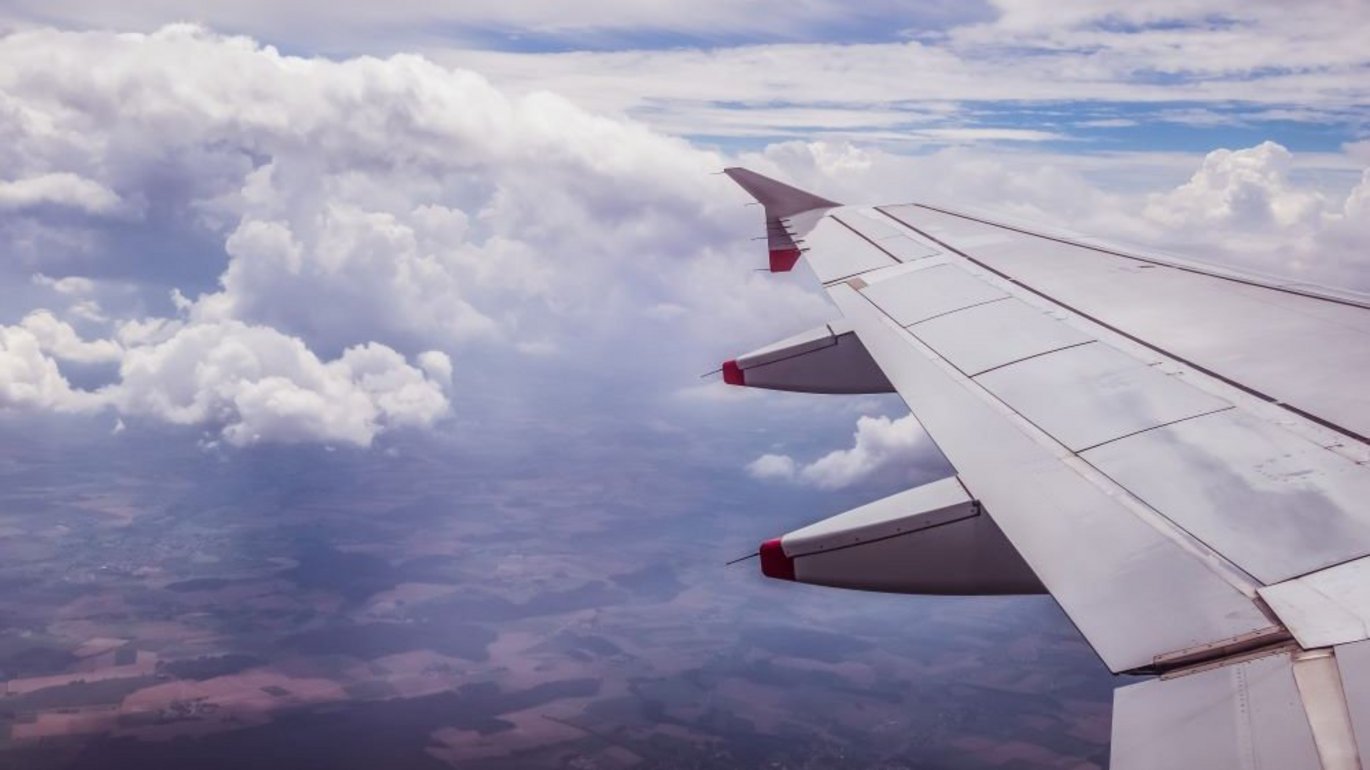Proposed new travel policy encourages less and more climate-friendly work travel
AU’s revised travel policy proposed a variety of new climate-friendly measures and encourages staff to think twice before travelling for work.

In future, AU staff need to be more conscious of climate impact when deciding how and when to travel. This is the core message of the draft climate policy that the senior management team has just made available for internal consultation. The background for the new travel policy s is the university’s goal of reducing its travel-related carbon emissions, a goal which is articulated in AU's 2020-2025 climate strategy.
The document was drafted by a broadly representative working group with members appointed by the academic councils, selected heads of department/school secretariats and representatives from the central administration prepared the proposal and subsequently considered by the senior management team.
According to University Director Arnold Boon, the senior management team has placed a high priority on balancing the need to travel with consideration for the climate:
"We are an international university, and travelling abroad is indispensable for our our researchers, lecturers and administrative staff – to meet with international partners, collect research material, gain inspiration and share knowledge. We will continue to travel – but we must ensure that we take the climate into account, and that we think carefully about whether meeting in person is absolutely crucial – and if it is, that we take steps to minimise our climate impact.”
Domestic travel: trains, not planes
The draft travel policy does not impose hard-and-fast rules. Instead, staff are encouraged to think twice before travelling, and to consider whether a virtual meeting might be a workable alternative. Staff are also encouraged not to travel by plane within Denmark’s borders: if the train trip takes less than five hours, staff should choose this option instead.
When plane travel can’t be avoided, staff are urged to use CWT (Carson Wagonlit Travel) to book their trip. When staff book through CWT, the university can collect data on carbon emissions from the trip which can be used when calculating the university’s annual greenhouse gas emissions report.
“Green travel habits have a positive effect on the climate, and as a university and workplace, we have a responsibility to encourage this development. Climate-friendly travel habits are part of our shared social responsibility,” Arnold Boon says.
Input from staff is welcome
The consultation period for the draft policy will last until 1 March, and the policy is being reviewed by the faculties, departments/schools, the academic councils, HSU, HAMU, FSUs, FAMU and LEA. The senior management team encourages everyone to contribute their input on the draft policy. Staff can make their voices heard by contacting their local management team or a liaison committee representative. Read the draft travel policy
AU’s draft travel policy in brief
- The draft travel policy contains an overview of policies and guidelines for staff on forms of travel, travel booking and expense reporting.
Details about the consultation process and timeline
- The consultation period for the draft version of AU’s revised travel policy will last until 1 March, and the policy is being reviewed by the faculties, departments/schools, the academic councils, HSU, HAMU, FSUs, FAMU and LEA.
- The travel policy will be presented to the board on 7 April and is expected to come into force no later than Q3 2022.